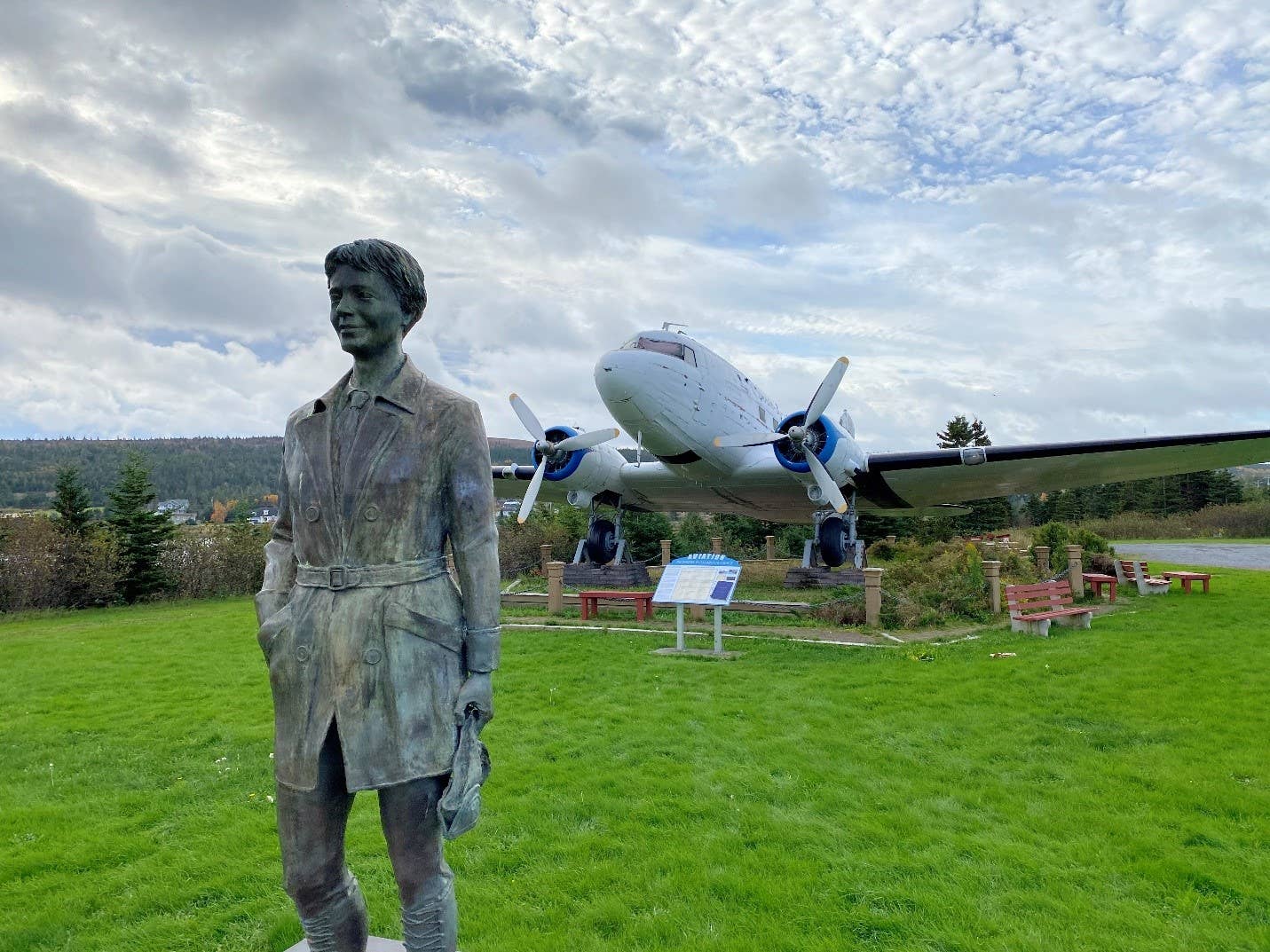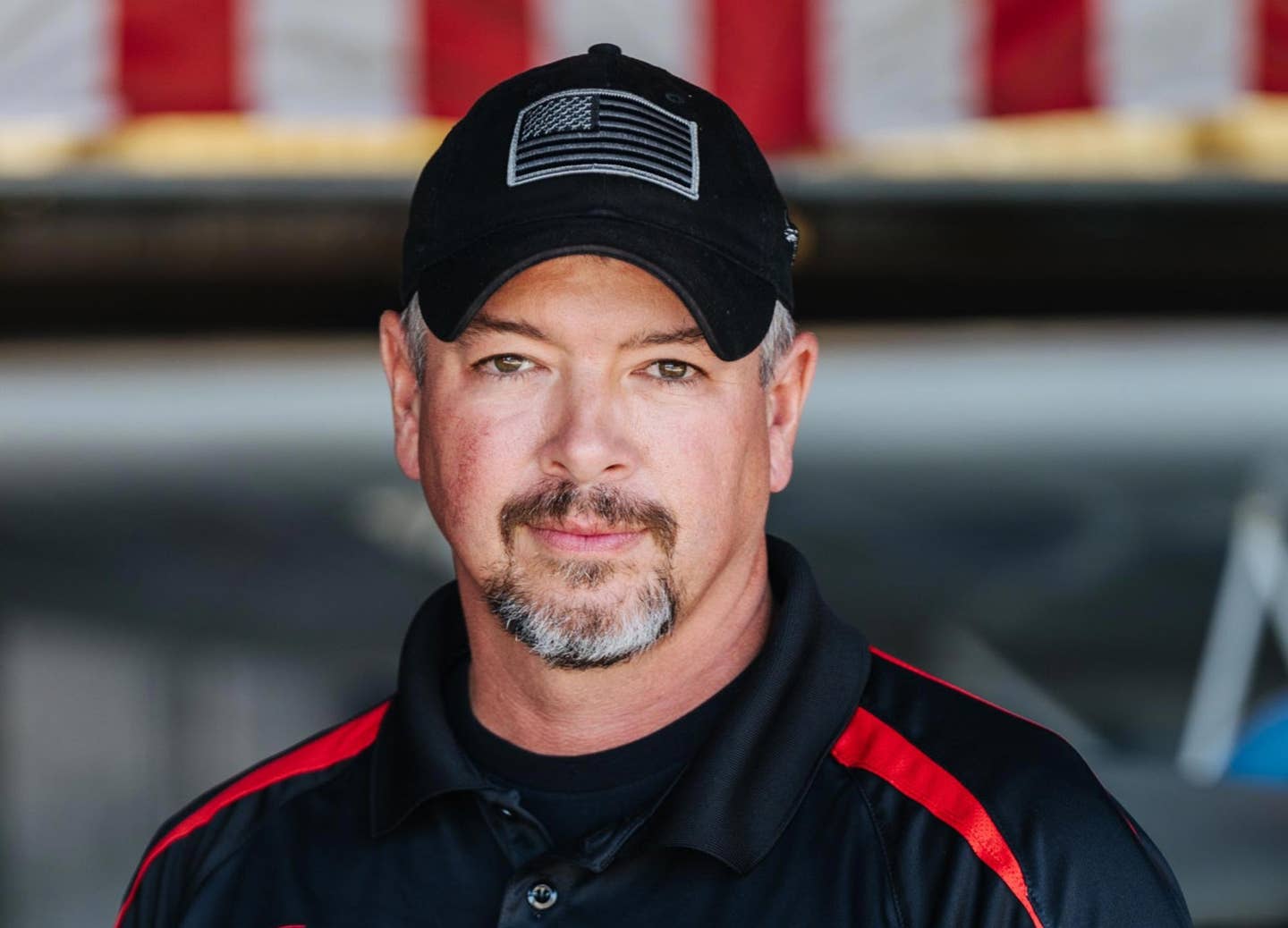Proposed Colorado Bill Targets General Aviation
Four members of the Colorado General Assembly have cosponsored a bill that would, among other measures, mandate an “impact remediation fee” on leaded aviation fuel purchases, projected to be 50…

Colorado’s State General Assembly has proposed a bill with some GA-unfriendly measures.
Four members of the Colorado General Assembly have cosponsored a bill that would, among other measures, mandate an “impact remediation fee” on leaded aviation fuel purchases, projected to be 50 cents per gallon. In addition, HB24-1235 (the Reduce Aviation Impacts on Communities bill) would require that the Colorado aeronautical board be increased to nine from seven members, giving priority to “individuals who are not trained pilots and who reside directly in the predominant flight path of a high-traffic general aviation airport or a commercial airport at which there is significant general aviation activity and in an area that has a population density of more than 3,000 individuals per square mile.”
Sponsors of the bill include Senators Steve Fenberg (Senate President) and Rachel Zenzinger, and Representatives Kyle Brown and Shannon Bird. The stipulations related to leaded aviation fuel have been countered by the release of test results—commissioned by the town of Superior, Colorado, where residents have filed suit against Rocky Mountain Regional Airport in part over alleged lead contamination—that reveal no measurable amount of lead in the atmosphere around the airport.
The new bill does offer a tax credit to aircraft operators who will pay extra for fuel under its provisions and earmarks airport grant money for infrastructure improvements to accommodate unleaded fuel—such as new tanks.
But the bill also restricts state grant funding for airports with significant GA activity (as determined by the state division of aeronautics) near populated areas (more than 3,000 individuals per square mile), unless they satisfactorily: establish an acceptable plan by Jan. 1, 2026, for phasing out leaded aviation fuel, voluntarily establish and enforce an effective noise mitigation plan acceptable to the Colorado Department of Public Health and Environment (CDPHE), and comply with the requirements of avigation easements or contracts that it has entered into.
Chris Swathwood, Chair of Legislative Affairs for the Colorado Aviation Business Association (CABA), told AVweb his association, along with the Colorado Pilots Association, is working on a national level with the Experimental Aircraft Association (EAA), the National Business Aviation Association (NBAA) and the Aircraft Owners and Pilots Association (AOPA) to negotiate on behalf of general aviation as the bill moves forward.
AOPA Northwest Mountain Regional Manager Brad Schuster said, "There is mounting evidence that recent litigation and legislation in Colorado are both based on perception more than reality. Fanning emotional flames to muster community opposition to airports does not actually make people safer, but it does have the potential to do real economic damage. We can protect jobs and maintain critical services with a safe, sensible transition to unleaded fuel, and while we work on that, we meanwhile urge state and local governments to please pay attention to the facts."






